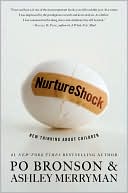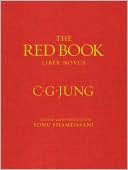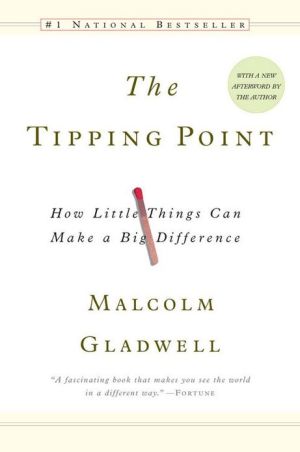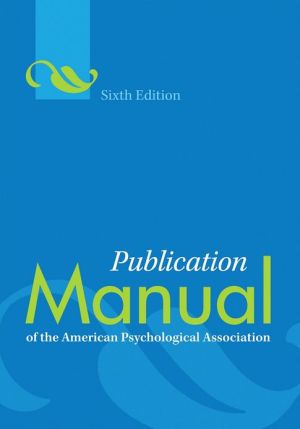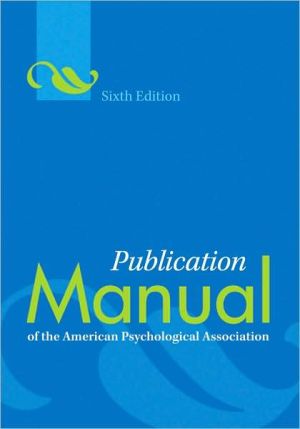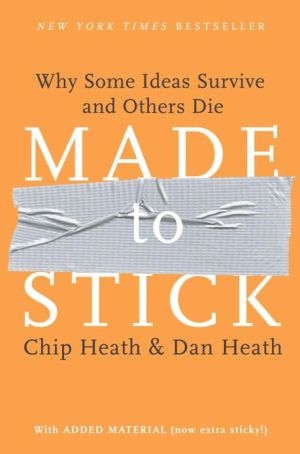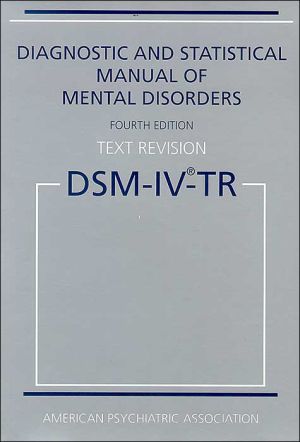NurtureShock: New Thinking about Children
Search in google:
In a world of modern, involved, caring parents, why are so many kids aggressive and cruel? Where is intelligence hidden in the brain, and why does that matter? Why do cross-racial friendships decrease in schools that are more integrated? If 98% of kids think lying is morally wrong, then why do 98% of kids lie? What's the single most important thing that helps infants learn language?NurtureShock is a groundbreaking collaboration between award-winning science journalists Po Bronson and Ashley Merryman. They argue that when it comes to children, we've mistaken good intentions for good ideas. With impeccable storytelling and razor-sharp analysis, they demonstrate that many of modern society's strategies for nurturing children are in fact backfiring—because key twists in the science have been overlooked. Nothing like a parenting manual, the authors' work is an insightful exploration of themes and issues that transcend children's (and adults') lives. Publishers Weekly The central premise of this book by Bronson (What Should I Do with My Life?) and Merryman, a Washington Post journalist, is that many of modern society's most popular strategies for raising children are in fact backfiring because key points in the science of child development and behavior have been overlooked. Two errant assumptions are responsible for current distorted child-rearing habits, dysfunctional school programs and wrongheaded social policies: first, things work in children the same way they work in adults and, second, positive traits necessarily oppose and ward off negative behavior. These myths, and others, are addressed in 10 provocative chapters that cover such issues as the inverse power of praise (effort counts more than results); why insufficient sleep adversely affects kids' capacity to learn; why white parents don't talk about race; why kids lie; that evaluation methods for “giftedness” and accompanying programs don't work; why siblings really fight (to get closer). Grownups who trust in “old-fashioned” common-sense child-rearing—the definitely un-PC variety, with no negotiation or parent-child equality—will have less patience for this book than those who fear they lack innate parenting instincts. The chatty reportage and plentiful anecdotes belie the thorough research backing up numerous cited case studies, experts' findings and examination of successful progressive programs at work in schools. (Sept.)
